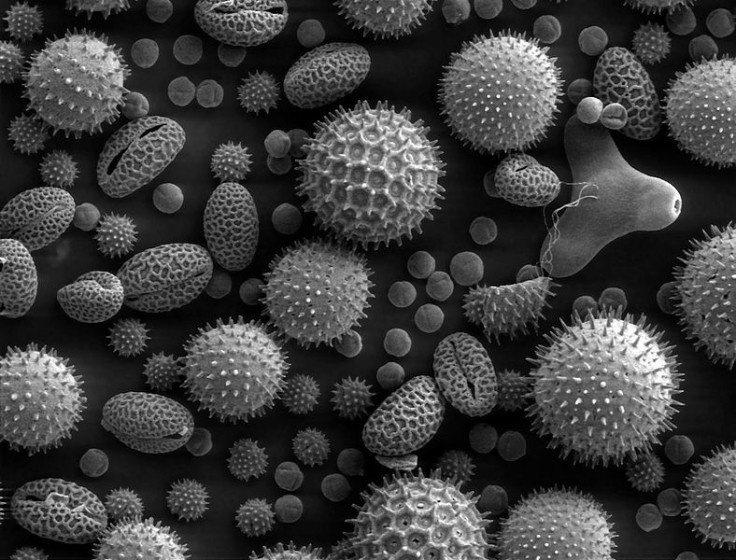Military Developing 'Pollen Pills' That Could Deliver Vaccines to Soldiers

Springtime is a beautiful season in many parts of the world. Flowers are blooming, the birds are returning, and humans can shed the bulky layers of winter clothing. However, for allergy sufferers, the season is difficult to tolerate because of the high amounts of pollen. Pollen may serve a hypoallergenic useful function soon though - the United States' Defense Advanced Research Projects Agency (DARPA) is exploring the possibility of making pills that can serve as vaccines.
The project aims to harness pollen's natural engineering. Pollen has a tough outer shell made up of a polymer that could survive the digestive system's vicious acids and bodily processes.
If the study proves to be successful, it would be much better than an injected vaccine. Aside from the lack of pain of an injected vaccine, oral vaccines do not require the presence of a trained medical professional. However, scientists have long struggled with the creation of an oral vaccine that survives long enough in the digestive process to be able to deliver the intended treatment.
Researchers believe that they have discovered a solution. They hope to scoop out pollen's innards, leaving just the hypoallergenic shells. Then the scientists will load up the shell with vaccines. The hope is that the shell will survive the digestive process, making sure that the vaccines arrive to their intended destination.
If successful, the process will likely be used first by soldiers. DARPA has funded many projects in an attempt to make health and medicine on the battlefield easier and more effective for troops.
DARPA has also recently funded projects like creating miniature sensors that swarm, diagnose, and treat a soldier's body from the inside and developing tiny biochip versions of human organs to make drug testing quicker.
The project is being conducted by Texas Tech University and is funded by DARPA.



























